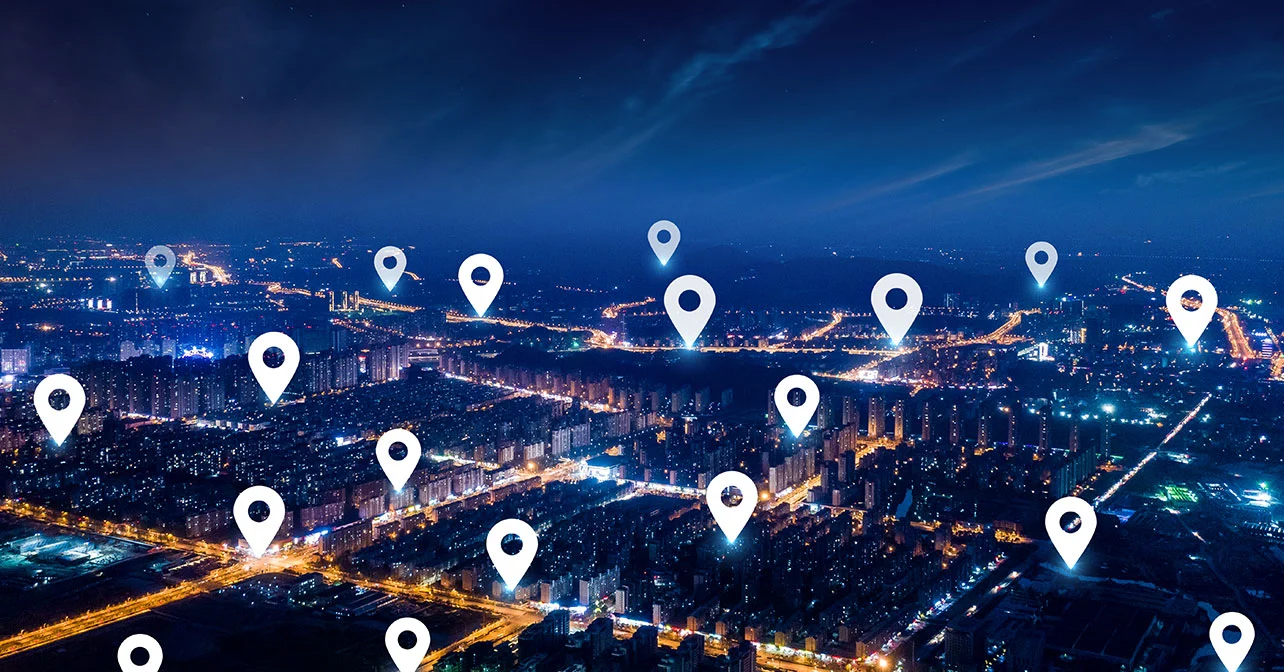
How to Transform Data into Strategic Decision Making
In a world where data has become the new currency, the ability to use it strategically has become essential to staying competitive. One technique that has grown in popularity in recent years is location intelligence. But what exactly is it, and how can it benefit your business?
Location intelligence, sometimes referred to as 'spatial intelligence', is the analysis of data based on geospatial data. It means taking raw data, such as addresses, postcodes or GPS coordinates, and using it to obtain actionable information. These insights help identify patterns, make predictions and provide real-time understanding of location-specific questions. This data is often represented in the form of maps or geospatial visualisations.
Location intelligence works by linking data to specific geographical locations. This allows businesses to visualise and analyse information that is geographically relevant. For example, a retail company can use location intelligence to analyse the performance of its shops based on their location, local demographics, foot traffic, etc.
Location intelligence technologies use tools such as geographic information systems (GIS), geospatial databases and mapping software to collect, store, analyse and visualise data.
Some of the most critical challenges of today are correlated to location intelligence: the effects of climate change, geopolitical conflict, global pandemics and others. Location-based insights from geospatial data are vital to better understanding and addressing these questions.
Location adds a layer of context to data. It helps to understand how geographical factors affect performance, trends and behaviours.
By understanding geospatial data, businesses can make more informed decisions. This can include decisions on business expansion, targeting specific markets, optimising operations, etc.
By understanding where their customers, competitors and other key resources are located, businesses can optimise their operations and resources to maximise efficiency.
Location intelligence enables more precise customisation of products and services based on customer location.
Location intelligence has many applications in various sectors:
Location intelligence is much more than just a map display. It's a powerful tool for transforming data into actionable information. By understanding where things are and why they're there, businesses can make smarter, more strategic decisions. Whether it's optimising operations, targeting customers or anticipating trends, location intelligence opens up new possibilities for businesses ready to explore the potential of their geospatial data.